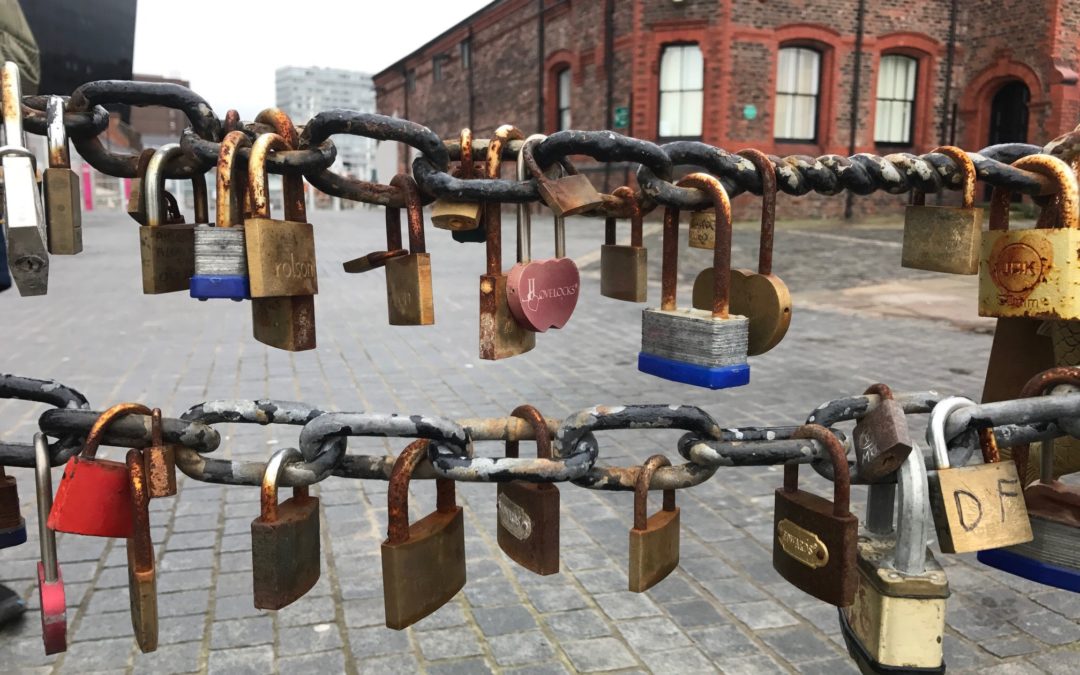I bet you’ve had days when you feel like you’ve been kicked in the guts by a choice your child made that you just don’t understand.
My latest came on Dancing Wombat’s second day back at school. My husband was called at work by the teacher’s assistant to say Dancing Wombat wasn’t answering questions about her holidays.
Dancing Wombat was put on the phone. My husband managed to elicit some information from her. But when he pushed for more detail, her infuriating answer was “I don’t want to say!”.
When bad habits hide good potential
It’s a frustrating habit she has, not answering questions. Sometimes it’s just a timing issue. If she’s doing something else (e.g. eating, reading – anything, really), she’ll spend minutes explaining why she can’t answer a question that would have taken her seconds. Sometimes I think it’s just plain teenage stubbornness. I’m also sure that there are times when she genuinely doesn’t know how to answer the question.
However, this is her last year at school. Every learning opportunity is doubly precious.
At time, I just feel that I have no more strategies in the basket. I get overwhelmed and I feel like giving up. Am I expecting too much of my daughter? Perhaps I’m overestimating her capacity and underplaying her challenges. Maybe I should simply be content that she’s a sweet-natured, good-humoured young lady and forget about pushing her, exhorting her to new experiences, greater efforts, more practice. Maybe?
Problem is, I can’t.
Over the past few months, we’ve been at pains to emphasise that not answering questions is not funny. It’s unhelpful, unproductive and downright rude. We’re at the point of choosing her “post school options”, trying to find the best program to help extend her and keep other educational opportunities open.
She has a lot of knowledge that remains hidden because she refuses to reveal it when asked and rarely offers it of her own accord
We don’t want Dancing Wombat in a day care program where she is merely kept occupied. We’ve seen what she’s capable of when supported by people who believe in her ability to do more than the basics and who don’t give up on her. This attitude has seen her learn to ride a bike, cook meals for the family and even travel by herself on the tram.
She has the potential to keep learning, and to contribute in a meaningful way to the community and thus make a more interesting and fulfilling life for herself. However, this habit of not answering does her no favours. Furthermore, when she chooses to hide her capabilities and knowledge, it makes it harder for us to get the supports that she needs.
Meeting – or fulfilling – expectations
“I don’t know. Nothing. I don’t want to say.” Pretty standard teenage answers, right? So why should Dancing Wombat be any different? After all, she is a teenager. Just because she has special needs doesn’t mean that she doesn’t have hormones and an attitude to match!
It’s just that if her brothers answered people’s questions in this way, it wouldn’t reflect on their intelligence – just their age and manners. When Dancing Wombat gives these answers, it reflects on her intelligence, capability and level of knowledge. Yes, it seems unfair, but that’s how it goes.
People who don’t know her – even sometimes people who do know her – attribute her responses to her autism and intellectual disability. They’re kind and accepting, and don’t push for more because they don’t expect it. However, she’s an iceberg. There’s much more beneath the surface than what she shows. And it drives me crazy. Seriously. Bananas.
Hidden potential
This is a girl who reads The Age at the kitchen table and a variety of other newspapers on her phone. Okay, so her favourite magazines are New Idea and Women’s Day, but they’re better than a swag of other magazines girls her age are reading.
Sure, inferential questions aren’t her strong point. “Hows” and “whys” are always difficult for her – if not impossible – without a lot of other structured questions helping her along the way. But “who”, “where”, “what”, “when” – she’s fine. She has a lot of knowledge that remains hidden because she refuses to reveal it when asked and rarely offers it of her own accord.
We visited Sydney last year, and Dancing Wombat asked to go to the Lindt Café. “Sure,” I replied absently. After all, chocolate is her favourite food group. Then a day later, my brain clicked into gear. How did she know about the Lindt Café? We hadn’t talked about it as a destination while we were away. I asked her.
She looked at me and grinned. “A bad thing happened there.” She paused, then resumed, emphatically, “No thanks to ISIS!”
Well, well. My daughter – the little sponge who sits at the table, quietly soaking things in. She had clearly read about the Lindt Café siege in the papers at the time, and had understood enough of what was going on to make the succinct comments that she did.
This is why I can’t give up.
Consequences or punishment?
In theory, you don’t help children break bad habits – or learn new ones – by taking away their favoured objects or activities. It can make things worse. However, what should I do?
I decided to try and link her iPad use with the level of maturity required to answer questions in appropriate situations. I have from time to time joked about too much iPad use freezing her brain. Now it was time to follow through. I hid the iPad before she returned from school.
“Where’s the iPad?”
“I’ve hidden it.”
“Where?”
“If I told you, it wouldn’t be hidden.”
“Why did you hide it?”
“Well, I was very sad to hear that you didn’t answer your teacher’s questions about your holidays. That’s bad manners. You had such an interesting holiday, you had lots to share. So if you’re not mature enough to answer your teacher’s questions, you’re really not mature enough to have the iPad.”
Phew.
“When can I get it back?”
“When you can answer people’s questions.”
“But when can I get it back?”
Cue beginning of one of her quiet meltdowns and me feeling like a complete ogre. Boo, hiss. Yep, that’s me. Maybe – okay, probably – not the best thing to do. But when I’m at my wit’s end, with no more ideas, I can find myself resorting to the thing I least want to do.
I tried to justify the confiscation to her (and myself) through linking it to maturity, rather than as a punishment for something not done. We went for a walk (gotta keep that Fitbit ticking over!) and talked the whole way. About the importance of answering questions, doing her best so that she had the best chance of getting into an interesting program next year, and earning her iPad back.
I’ve lost count of how many times we’ve had this talk. Too many. But maybe this time it will be the breakthrough, or the beginning of the breakthrough. And next time she doesn’t answer questions again, I’ll need to remember to confiscate her phone as well as her iPad!
What happened next
The following day, I sent a note to her teacher, asking if she could just write a brief note in the school diary whenever Dancing Wombat refused to answer questions. Perhaps we can establish patterns which will help to fine-tune more appropriate strategies to help Dancing Wombat kick the habit.
In the meantime, it’s no more Ms Nice Guy at home. My daughter is on notice. I’ll keep you posted.
And I will, no doubt, also continue my existential questioning about whether I’m expecting the impossible or simply helping her realise her potential. The thing is, I’ve seen her eyes light up with pride when she’s found the key, unlocked her own potential and risen to the challenge. I have to keep that flame burning.
Until next time, Happy Wombatting!


